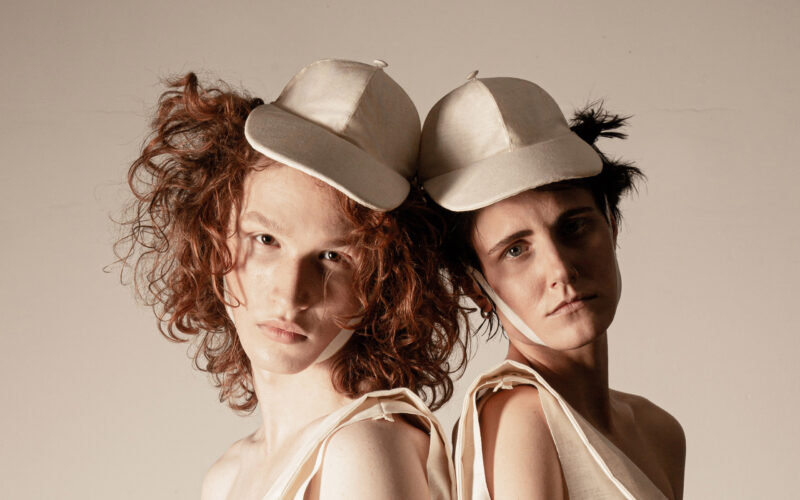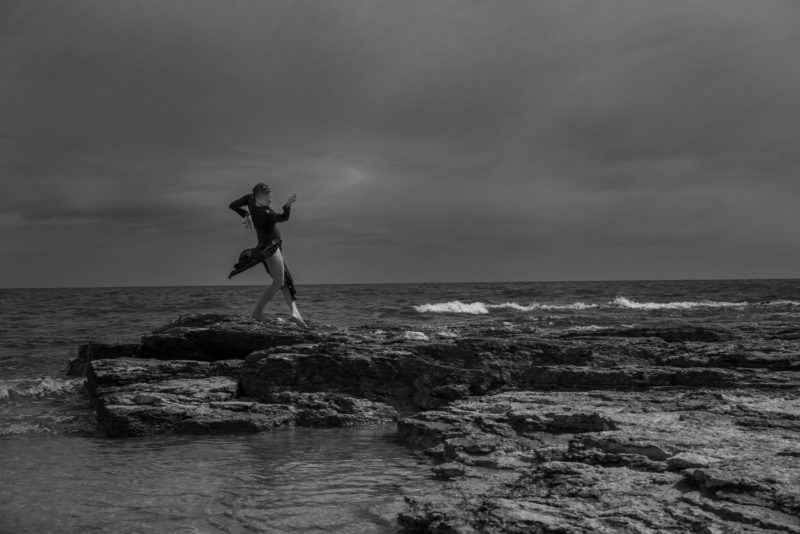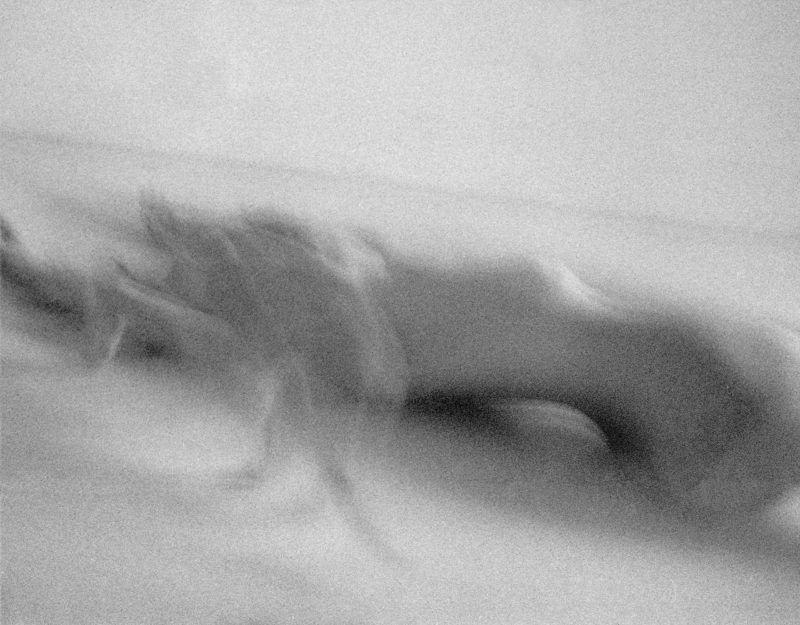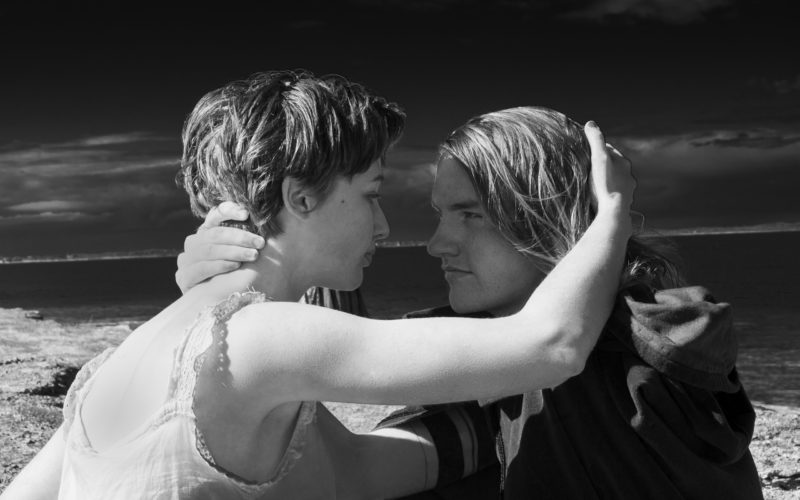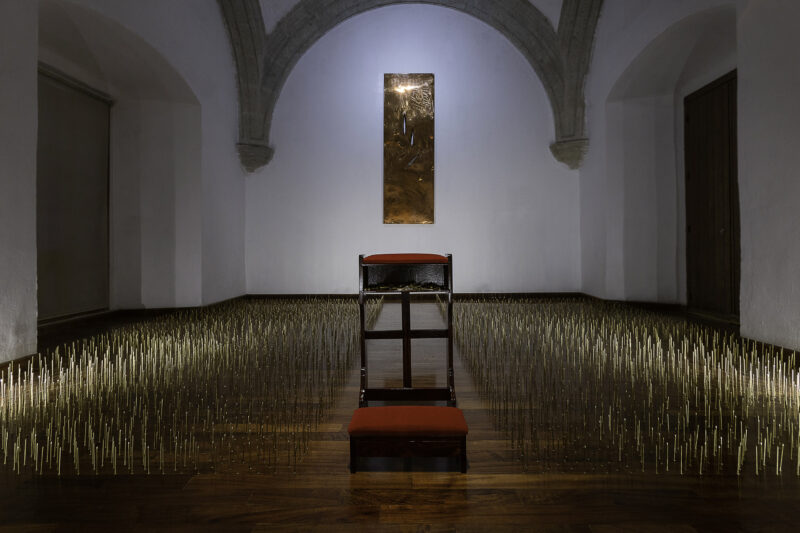“..Really uncomfortable and really beautiful at exactly the same time, I think such duality is true for the very best things in life.”
This is how photographer Lori Vrba describes the inspiration for the series “Drunken Poet’s Dream.” This duality is beautifully portrayed in the mythical being Winged Victory. We feel like we know her, she is every little girl with big dreams and aspirations. Striking a pose in her dress and tiara, her majestic wings overwhelm her tiny frame suggesting that she has yet to grow into her destiny, her knobby knees exposing her charming fragility. No doubt she will one day spread those magnificent wings to leave the nest, but for now her pedestal is an old farm chair.
Growing up in a rural Texas town where being an artist was not something anyone talked about, or aspired to, Lori discovered her love of photography late in life. She is self-taught and has an intuitive approach to making art. If there is one word to describe the thread that runs through all of Vrba’s photographs, it is vulnerability. Lori composes dreamlike vignettes that examine the simultaneous joy and pain of motherhood, love, and being an artist. But while Vrba’s surreal images are autobiographical in nature, they are like dreams – ambiguous, inviting us to create our own narrative.
Lori’s photographs speak to our collective consciousness, such as the desire to protect the young as well as the reluctance to let them go. This unsettling but also rewarding experience of a child spreading his wings is the theme of Stage Flight. Feathers appear in many of Lori’s photographs as a metaphor for flight and transformation, they are a perfect analogy. Like a young bird out of the nest and ready to fly, the boy is poised for takeoff. Being alone on the stage and expected to perform can be scary, but he has his feet firmly planted on the ground and his arms spread out, he seems to be in control of the massive feathers, coming into his own and ready to take flight
By freely appropriating symbolism from art, folklore, mythology, and biblical references, Vrba is creating her own personal vocabulary, but the stories she is telling of love and loss are universal. In the melancholy The Last Long Breath, eerily lifelike doll’s hands delicately offer a lone feather. The porcelain antique against a crumbling wall and faded sparrows that have flown away speak of passage of time, loss and memory. The image evokes a ritual, preserving and cherishing what’s left of someone or something that is disappearing.
Vrba embraces the traditional craft of photography. She shoots in medium format, develops, prints, and tones her photographs imbuing them with a 19th century feel. A popular theme in Victorian art, the coming of age, is illustrated in Blindfold, with a young girl holding a splendid feather in front of her eyes. Her face seems to emerge from the background with soft light modeling her classical features. By this point in the series, the symbolism of the feather as a transformative force is self-referential. Like Charon the ferryman in Greek Mythology, the feather is a guide between two realms. In contrast with the soft pictorial background, the feather is in sharp focus, signaling a transition into the next phase of life.
In Eve Was Framed, the innocence of childhood and danger of temptations is depicted with a young girl, her back to the lens and an apple, the fruit of knowledge, on each shoulder. The light is natural but deliberate, illuminating one of the apples and casting a sharp shadow that silhouettes the other. The dark and light apples represent the dichotomy of good and evil, alluding to the moment before a choice is made. The title suggests a certain inescapability of fate, implying that the game is rigged. There will be tough, even impossible choices, and mistakes will be made.
By re-photographing found objects in combination with her portraits Lori plays with scale allowing her to seamlessly merge figures into fantastic beings. The shallow depth of field further distorts proportions, contributing to the dreamlike quality, like looking through a telescope into another dimension. In Loose Ends an ethereal figure stands in the distance while the contrasting snow against the darker background creates an ascending path that appears high above ground. The billowy white dress, upward gaze and extended arms, add to her heavenly aspirations. Yet she is tethered to earth by fuzzy balls of yarn falling back down in patterns of repeating loops. The image suggests unraveling of frayed edges, perhaps imperfection or an inability to reach ideals. This poignant autobiographical piece reminds that we can soar and reach for the stars, but there will always be things holding us back, connecting us to the banality of chores and responsibilities. That is also a part of life.
Lori creates theatrical pieces, sometimes enlisting her children as allegorical actors in the scenes. Thus references to motherhood can be interpreted broadly to be as much about art as the creation of life. In a dialogue with classical mythology, I Remember You depicts a young boy with his head draped in cloth that opaquely reveals his facial features. The sculptural cherubic pose and luminous skin suggest an unfinished marble statue, but where the statue ends and the flesh begin is ambiguous. Recalling the Greek fable of Pygmalion, who was granted a wish from the gods when his sculpture came to life, we see the almost finished masterpiece moments before self awareness. As a mother and artist, it is a bittersweet feeling, when your creations take on a life of their own.
For Lori Vrba, being an artist is about putting everything out there and to risk getting hurt, but it is also what makes her strong, Catch 22 addresses this vulnerability and strength. In this self portrait, Lori raises her graceful arms up to the sky triumphantly, reaching for a snake with each hand. She draws her powers from creativity and like a skilled snake charmer, she tames this inherent danger. The drunken poet is embodied in Genesis, where an antique typewriter creates a poetic vision of stormy clouds that give way to clear skies. Caught between the lows of intoxicated hallucination and the highs of transcendence, poetry – in this case, visual poetry – is the only means of expression. The poet awakes from a dream, and now it is time to create. This is a moment of clarity and sharp focus, the culmination of examining the beauty and tragedy that is embedded in the same image, experience or person. This photograph is both the beginning and the end of the story, the vicious and beautiful cycle of creativity.
Lori Vrba grew up in Southeast Texas; she currently resides in Chapel Hill, NC. In addition to being a fulltime mother and artist she is a founding member of the band Silver Halide along with curator Dennis Kiel and a posse of talented local photographers. Her first monograph is coming in the spring, “The Moth Wing Diaries” with Daylight Books. She has been in numerous solo and group exhibitions nationally and internationally. Her work is in the permanent collections at the Museum of Fine Arts Houston and Lisui Museum of Photography, China.
Lori’s personal website: LORI VRBA
[*The primary element in photography, Silver halide is the crystal that when exposed to light, forms metallic silver that turns black when developed]

